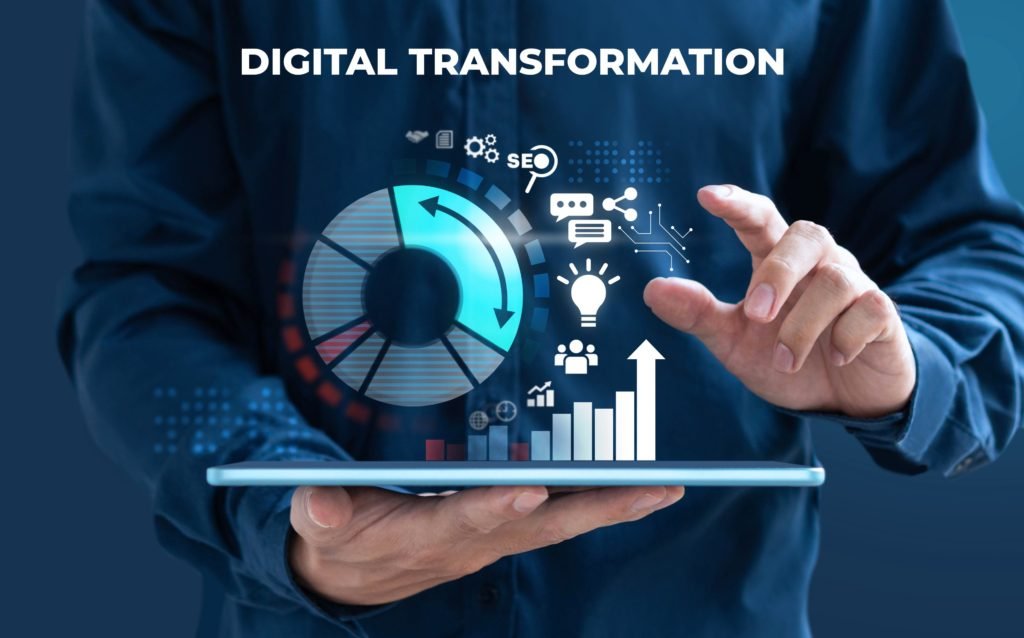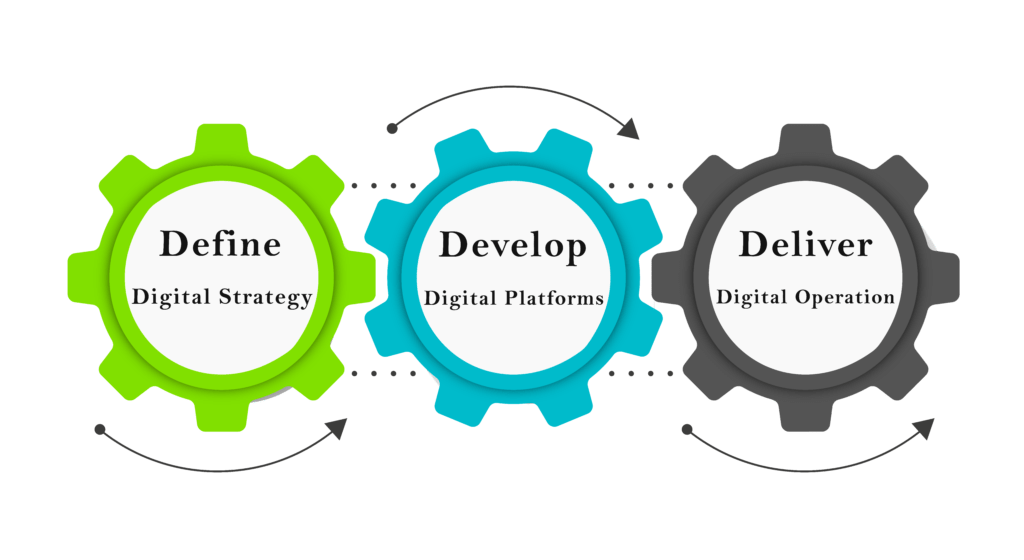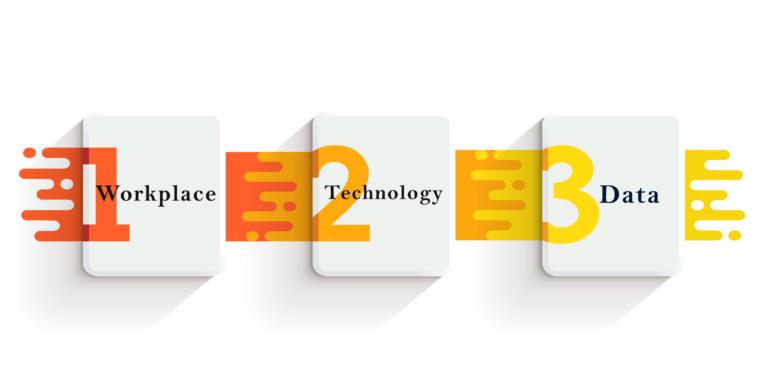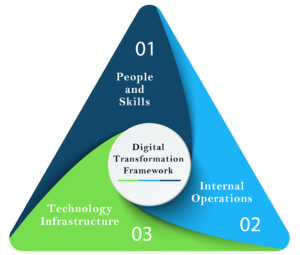Digital Transformation Consulting
Why is digital transformation so important for your business?
Companies that refuse to participate in digital modernization miss out on significant force multipliers that allow them to defend existing markets, develop into new markets, and become more socially and ecologically conscious. Of course, this is about using technology for the greater good as well as embracing it to increase corporate value.
Technological disruptions caused by modern technologies lead to a full shift. Digital transformation is critical because it allows businesses to transition from old manual procedures to digitally automated processes, allowing executives to focus on larger business prospects and double their profits.

Businesses that have adopted digital technology have frequently encountered the following:
- Sales have increased significantly, resulting in increased revenue.
- Customer acquisition, retention, and satisfaction are all important.
- Improvement of products and processes
- Employee happiness
- Boost design and engineering efficiency.
- Product quality has improved.
What are the main forces driving digital transformation?
- Expectations for tailored experiences are rising.
- Disruptive technologies or emergent technologies are introduced.
- The emergence of digital technology competition
Roadmap for Digital Transformation
Some of the necessary measures for a successful digital transformation project

Challenges of Digital Transition

Explain
- Describe a strong approach for converting a legacy product or service by articulating data.
- From senior management to new workers, define what digital transformation means to your company.
- Set goals that are in line with the organization's overall vision.
- Assess the product and do a cost-benefit analysis.
- Establish priorities and put the changes in place.
Build
- Regularly identify significant checkpoints/milestones.
- Create a change and implementation strategy with clear deadlines.
- Create a risk appetite and make a list of success elements.
- Identify potential hurdles and how to overcome them.
- Create digital IoT platforms using machine learning and artificial intelligence to gain digital insights.
- Identify opportunities and determine how to turn them into revenue.
Serve
- Perform transformational service or product testing.
- The technology is ready to scale for intelligent automation, OT-IT operations, and process automation after it has been changed.
- The business factors should be monitored and controlled.
- Expand the transition to include additional older goods.
- Based on the results, enhance the process and product.
Digital Transformation Fundamentals
Integrate digital thinking throughout the company
People must understand how digital may improve their productivity. Encourage the staff to improve their digital technological skills. Make your staff aware of the benefits of digital and encourage them to embrace digital innovation. Empower people to develop and produce better, long-lasting goods.
Digital Transformation Framework

Customers' Digital Experiences
- Digital transformation is driven by customers, not by technology. Four factors make up the digital consumer experience.
- To provide an exceptional digital customer experience, it is critical to maintain the consumer at the core of product development. The focus should be on delivering consistent customer assistance.
- With their new digital business models, leaders are now pushing for a better digital customer experience. Companies may meet consumer requirements by combining flexible change and call of duty procedures into business strategies.
Culture of Digital Business
- Digital must be integrated into a company’s overall marketing and commercial plan.
- The newly created position of Chief Digital Officer is a great illustration of how businesses are integrating digital as a business channel with extensive duties and a seat at the executive table.
- Every key organizational strategy, not just one, should include a digital component.
Industries that we Assist
- Healthcare
- Lifesciences
- Monetary services
- Manufacturing
- Public Sector
- Telecommunications
- Media
- Transport
- Logistics
- Retail
- Hospitality
We Recommend Emerging Technologies
- Analytics
- AI
- RPA
- CX
- Cloud
- Cybersecurity
- Digital Workplace
- IoT
- Infrastructure
- Blockchain
- UI/UX
IT Strategy Development
- Readiness Assessment
- Corporate Mission, Vision, Values, and Goals
- SWOT Analysis
- Gap Analysis
- IT and Organizational Objectives
- Opportunities
- Strategic Initiatives and Processes
- Timelines for Action
- Assignment and Project Tracking
- Measurement, Quality Assurance, and Feedback Loops
- Communications and Knowledge Transfer
